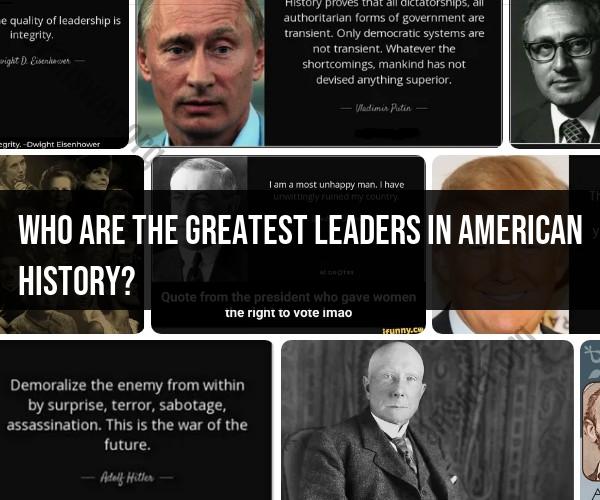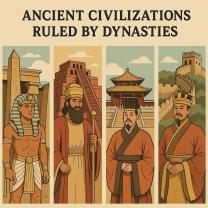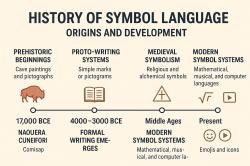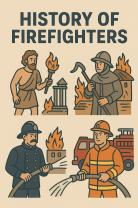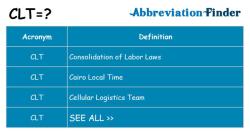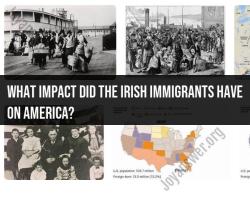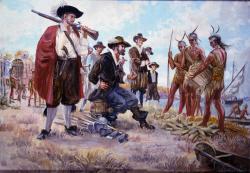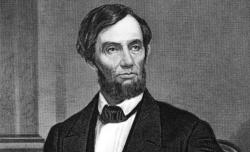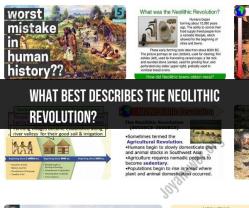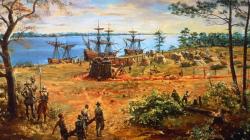Who are the greatest leaders in American history?
Identifying the "greatest" leaders in American history is subjective and depends on individual perspectives. However, several figures are widely recognized for their significant contributions to the United States. Here is a list of notable leaders in American history:
George Washington (1732-1799):
- Commander-in-Chief of the Continental Army during the American Revolutionary War and the first President of the United States.
Abraham Lincoln (1809-1865):
- 16th President of the United States, known for leading the country through the Civil War and issuing the Emancipation Proclamation.
Franklin D. Roosevelt (1882-1945):
- 32nd President of the United States, served during the Great Depression and World War II, implemented the New Deal.
Thomas Jefferson (1743-1826):
- Author of the Declaration of Independence, third President of the United States, and a key figure in the early republic.
Martin Luther King Jr. (1929-1968):
- Civil rights leader known for advocating nonviolent civil disobedience and playing a pivotal role in the American civil rights movement.
Theodore Roosevelt (1858-1919):
- 26th President of the United States, known for progressive policies, conservation efforts, and leadership during the Spanish-American War.
John F. Kennedy (1917-1963):
- 35th President of the United States, faced challenges such as the Cuban Missile Crisis and advocated for civil rights.
Susan B. Anthony (1820-1906):
- Suffragist and women's rights advocate who played a key role in the women's suffrage movement.
Eleanor Roosevelt (1884-1962):
- First Lady and influential diplomat, human rights advocate, and author.
Alexander Hamilton (1755-1804):
- Founding Father, author of The Federalist Papers, and first Secretary of the Treasury.
John Adams (1735-1826):
- Second President of the United States and one of the Founding Fathers.
Ronald Reagan (1911-2004):
- 40th President of the United States, known for conservative policies and economic reforms.
Harriet Tubman (c. 1822-1913):
- Abolitionist and Underground Railroad conductor who helped enslaved individuals escape to freedom.
Lyndon B. Johnson (1908-1973):
- 36th President of the United States, responsible for the Civil Rights Act and other significant legislation.
Cesar Chavez (1927-1993):
- Labor leader and civil rights activist, co-founder of the United Farm Workers.
These leaders made lasting contributions to American history, shaping the nation's identity, politics, and social progress. The list is by no means exhaustive, and there are many other influential figures who have played crucial roles in the country's development.
Defining the "greatest" figures in American history is a fascinating but inherently subjective exercise. While there's no universally agreed-upon list, certain personalities consistently appear and spark passionate debate. Let's delve into the nuances of American leadership and unpack the complexities of its legacy:
1. A Pantheon of Potential "Greats":
Several names routinely surface in "greatest leader" discussions:
- Founding Fathers: George Washington, Thomas Jefferson, James Madison, Benjamin Franklin; revered for shaping the nation's foundation and principles.
- Civil Rights Leaders: Abraham Lincoln, Martin Luther King Jr., Rosa Parks; championed equality and challenged racial injustice, leaving profound societal impacts.
- Transformative Presidents: Franklin D. Roosevelt, Theodore Roosevelt, Woodrow Wilson; steered the nation through pivotal moments and enacted significant reforms.
- Social and Cultural Icons: Susan B. Anthony, Eleanor Roosevelt, Nelson Mandela (honorary mention due to his global impact on human rights); fought for social justice and women's rights, influencing entire generations.
2. Qualities and Achievements:
The criteria for greatness vary but often include:
- Vision and Direction: Articulating a clear vision for the nation and inspiring others to follow.
- Decision-Making and Crisis Management: Guiding the nation through periods of turmoil and making impactful choices with lasting consequences.
- Political Savvy and Compromise: Navigating the complexities of American politics and building consensus to enact change.
- Moral Standing and Ethical Leadership: Upholding ethical principles and integrity in the face of challenges.
3. Periods of Exceptional Leadership:
Specific historical periods showcase notable leadership:
- American Revolution: Washington's military leadership and unifying vision.
- Civil War: Lincoln's unwavering commitment to preserving the Union and ending slavery.
- Civil Rights Movement: King's nonviolent resistance and galvanizing message for equality.
- New Deal and World War II: FDR's economic recovery and wartime leadership.
4. Scholarly Assessments and Rankings:
Historians and scholars use various methods:
- Biographical analyses: Examining leaders' lives and motivations within their historical context.
- Impact assessments: Evaluating the long-term consequences of their decisions and actions.
- Comparative studies: Analyzing similarities and differences between leaders across eras.
- Public opinion polls and surveys: Gauging public perception and historical rankings.
5. Enduring Legacies and Impacts:
The greatest leaders leave lasting marks on the nation:
- Social and political change: Advancing civil rights, economic reforms, or dismantling injustices.
- Institutional framework: Shaping the nation's government, legal system, or social safety nets.
- Cultural and ideological shifts: Influencing national values, identity, and collective memory.
- Inspiration and guidance: Providing enduring models of leadership for future generations.
Remember, assessing "greatness" is a multifaceted conversation. By understanding the diverse perspectives and criteria, we can appreciate the complex tapestries woven by countless individuals who have shaped the American journey.
